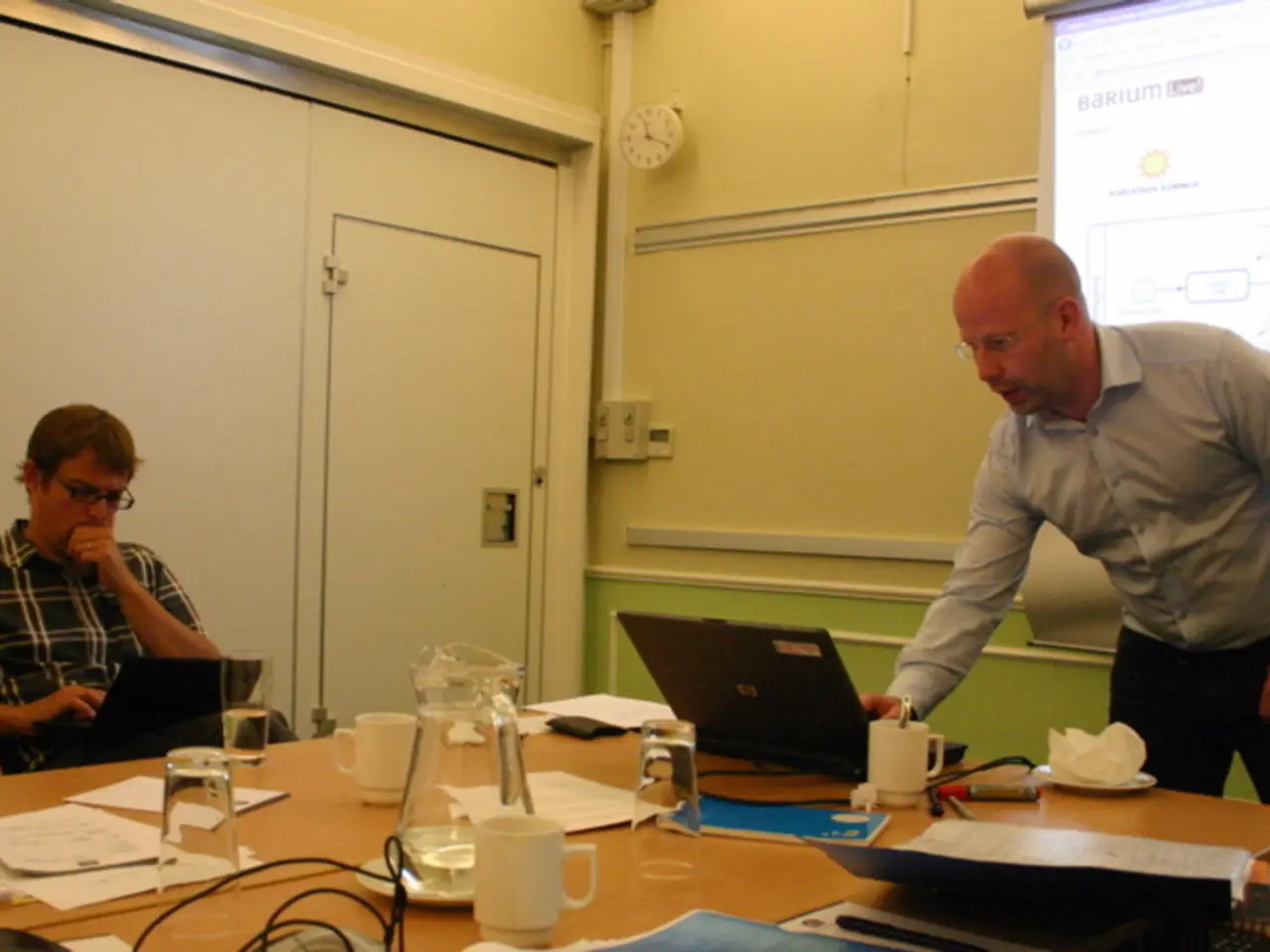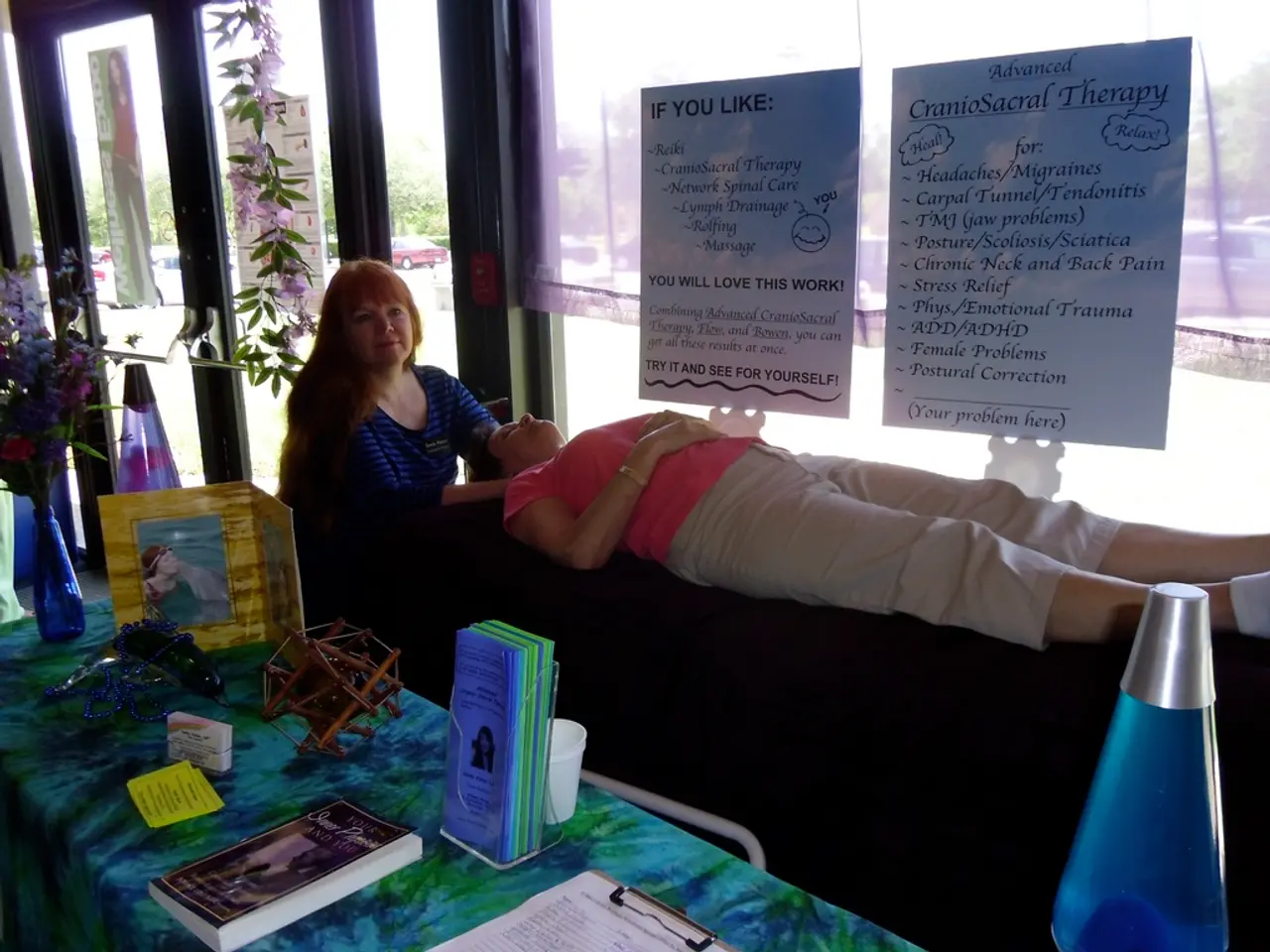Barriers to Efficiency: 14 Misconceptions Preventing You from Accomplishing Tasks Effectively
In today's fast-paced world, productivity is a hot topic for many individuals and organisations. However, there are several common myths surrounding productivity that can hinder our ability to work effectively and manage our time efficiently. Here are some of the most persistent myths, debunked with expert insights and research.
Myth #1: "Busy Equals Productive" Many people believe that being constantly busy means being productive. However, activity without meaningful impact is just motion and can lead to burnout. True productivity focuses on outcome and effectiveness, not just activity or hours worked.
Myth #2: "Productivity Is Solely a Functional or Line-of-Business Responsibility" It is often assumed that productivity improvement is the sole domain of operational leaders, whereas HR is just a support function. In reality, involving HR as a proactive partner can boost employee output significantly, making productivity a collective organisational effort.
Myth #3: "AI Will Automatically Fix Productivity Issues" There is a misconception that artificial intelligence tools will by themselves solve all productivity challenges. But the key lies in how technology is integrated with human factors and organisational culture, not just deploying new tech.
Myth #4: "On-Site Employees Are More Productive" The belief that physical presence equals better productivity is outdated. Remote and flexible work arrangements, when managed well, can lead to equal or better results.
Myth #5: "Endless Hustle and No Days Off Boost Productivity" The glorification of constant hustle and skipping rest days actually harms productivity. Chronic overwork leads to decreased creativity, anxiety, sleep issues, and lower effectiveness. Balance and rest are essential for sustainable high performance.
Myth #6: "Multitasking Improves Concentration and Productivity" Contrary to popular belief, multitasking splits attention and reduces concentration quality, leading to poorer work quality and slower progress.
Myth #7: "Tangible Financial Rewards Are the Best Motivators for Productivity" While financial incentives matter, recognition and praise from peers and managers are often more memorable and motivating, leading to higher engagement and productivity.
Overcoming these myths requires a shift toward outcome-focused work, valuing rest and recognition, embracing collective organisational responsibility, and integrating technology thoughtfully.
Real-Life Example: An entrepreneur discovered that by designing her workspace and structuring her workday to minimize distractions, she could sustain her productivity without relying heavily on willpower. Another example is Warren Buffett, who maintains high productivity with basic tools like a simple to-do list.
A study from the Journal of Business and Psychology found that individuals who prioritise tasks that align with their long-term goals report higher job satisfaction and better overall performance. Similarly, a study published in the journal "Cognition" found that participants who took brief mental breaks during a task performed better than those who worked continuously.
In conclusion, effective productivity hinges on working smarter—not harder—and fostering supportive environments where clarity, focus, rest, and recognition drive sustainable performance. By debunking these productivity myths and adopting a more informed approach, we can achieve better results and maintain a healthier work-life balance.
- Combining psychology and mindfulness practices can help individuals manage their time more effectively, allowing them to work smarter, not harder, and achieve a healthier life balance.
- Incorporating creativity into daily routines can lead to increased productivity and foster a more engaging work environment, as recognized by the entrepreneur who restructured her workspace.
- Science has shown that short breaks during work can improve concentration and productivity, debunking the myth that steady work without rest yields better results.
- Resilience and mental health play crucial roles in productivity, as chronic overwork can lead to decreased creativity, anxiety, sleep issues, and lower effectiveness, as stated in the debunk of the myth of endless hustle and no days off.
- Adopting a holistic approach to productivity that includes external factors such as health-and-wellness, employee recognition, and technology integration can result in higher productivity and better overall performance, as demonstrated in studies from the Journal of Business and Psychology and "Cognition".




